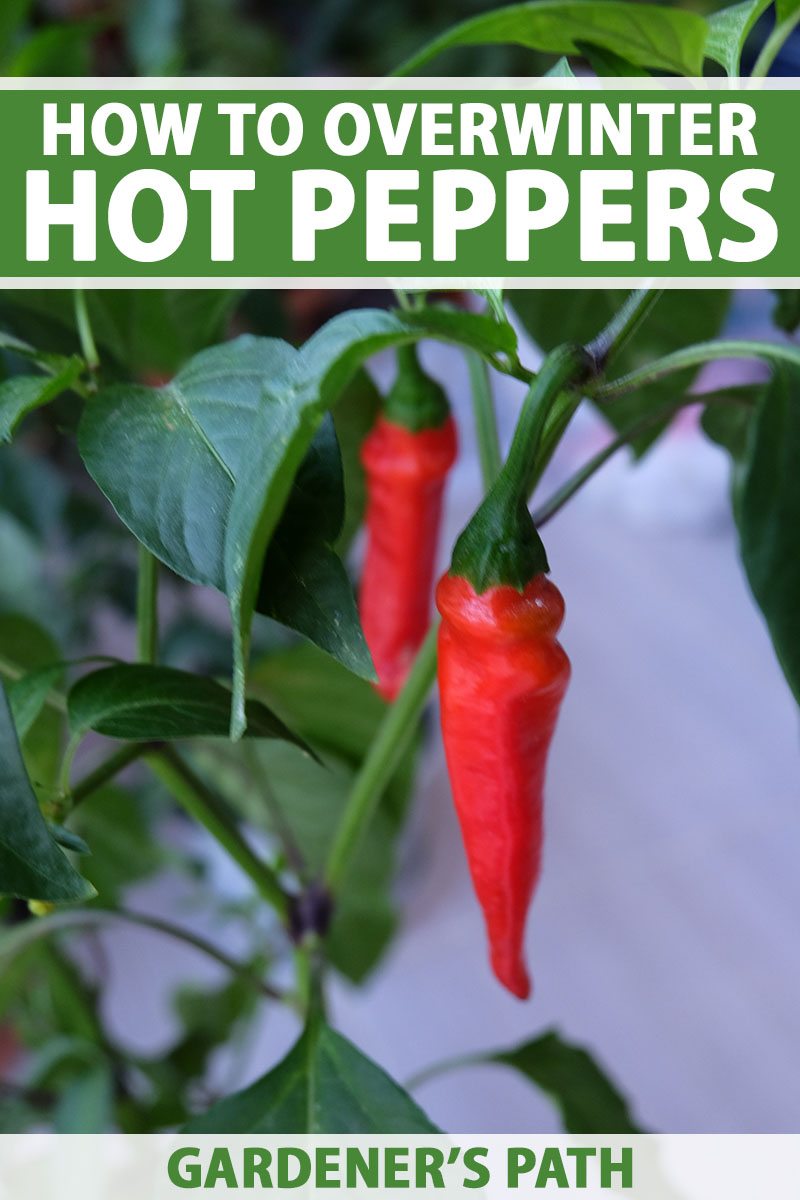Check Out the Best Fertilizers for Peppers and Enhance Your Garden's Yield
Check Out the Best Fertilizers for Peppers and Enhance Your Garden's Yield
Blog Article
Organic Vs. Synthetic Fertilizers: Which Is Best for Supporting Healthy Pepper Plants?
In the realm of supporting healthy and balanced pepper plants, the option between natural and artificial plant foods stands as a crucial choice with significant ramifications. While both options purpose to give crucial nutrients to sustain plant growth, the nuances of their influence on the soil, plant health and wellness, and the atmosphere trigger a dispute that echoes throughout the gardening neighborhood. Comprehending the distinctive advantages and potential challenges of each plant food type is essential for pepper growers looking for to optimize their returns while preserving a sustainable and eco-conscious technique.
Benefits of Organic Plant Foods
Organic fertilizers supply an environmentally-friendly and sustainable strategy to nourishing pepper plants, providing essential nutrients without making use of synthetic chemicals. These all-natural fertilizers are acquired from natural sources such as garden compost, manure, bone meal, and seaweed, advertising soil wellness and biodiversity. Unlike synthetic plant foods, organic choices release nutrients gradually, guaranteeing a balanced and consistent supply for pepper plants to flourish.
One substantial benefit of natural fertilizers is their capacity to enhance soil framework and water retention. By enhancing dirt health, natural fertilizers advertise helpful microbial activity, which assists in nutrient uptake by pepper plants. In addition, organic plant foods minimize the risk of chemical run-off, protecting water sources from pollution and guarding the environment.
Moreover, natural fertilizers add to lasting dirt fertility by promoting the growth of helpful dirt organisms. These organisms assist damage down natural issue, releasing nutrients in a form that is quickly obtainable to pepper plants. best fertilizers for peppers. By fostering a healthy dirt ecosystem, organic fertilizers sustain sustainable pepper growing techniques that benefit both plants and the atmosphere
Drawbacks of Synthetic Fertilizers
Artificial plant foods, in contrast to their organic equivalents, posture different drawbacks when utilized to nourish pepper plants, affecting both plant health and ecological sustainability. One major downside of synthetic plant foods is their tendency to seep nutrients from the soil quickly.
Moreover, the overuse of artificial fertilizers can add to water pollution. Excess plant foods not soaked up by plants can clean away right into water bodies, resulting in eutrophication, where algae blooms diminish oxygen degrees in the water, harming marine life. Moreover, synthetic plant foods are normally stemmed from non-renewable resources, such as nonrenewable fuel sources, contributing to carbon emissions and ecological degradation throughout their production.
Nutrient Absorption Comparison
When comparing natural and artificial fertilizers in terms of nutrient absorption, natural fertilizers have the advantage of providing a much more well balanced and slow-release resource of nutrients. Organic fertilizers have a selection of macro and micronutrients that are not only valuable for the plants however also advertise healthy and balanced dirt microbial task, which assists in nutrient uptake.
In addition, organic fertilizers boost dirt framework and water retention capacity, allowing pepper plants to gain access to nutrients much more successfully. This enhanced dirt high quality assists in root development, enabling far better nutrient absorption. Synthetic fertilizers, although initially improving plant development due to their high nutrient concentrations, may impede lasting nutrient absorption by derogatory dirt health gradually.
Ecological Impact Factors To Consider

On the other hand, artificial plant foods, although often more instantly available and focused to plants, can have detrimental effects on the atmosphere if not used correctly (best fertilizers for peppers). Their manufacturing requires high power inputs, causing greenhouse gas emissions and adding to climate modification. The overflow of excess artificial fertilizers can infect water sources, leading to eutrophication and hurting marine communities.
Finest Plant Food Practices for Peppers
To attain this, it is essential to follow finest plant food read this article techniques customized to the specific requirements of pepper plants. One important technique is to execute a soil examination prior to using any fertilizers.
One more vital technique is to feed pepper plants at the correct time. Generally, peppers take advantage of receiving fertilizer at planting and after that once more when they begin to blossom. Over-fertilizing can cause vitamins and mineral inequalities and damage the plants, so it is essential to adhere to advised application prices.
In addition, picking a well balanced plant food with an NPK ratio that suits pepper plants' requirements is basic. Organic plant foods, such as garden compost or manure, can be exceptional options as they release nutrients slowly and improve soil framework gradually. Nevertheless, synthetic fertilizers can provide a fast nutrient increase when needed. Inevitably, integrating artificial and natural fertilizers sensibly can help support healthy and balanced pepper plants while reducing environmental influence.
Conclusion

Organic fertilizers provide an environmentally-friendly and lasting method to nourishing pepper plants, supplying important nutrients without the usage of synthetic chemicals. Unlike artificial fertilizers, natural options launch nutrients slowly, making certain a steady and balanced supply for pepper plants to flourish.
Synthetic plant foods, in comparison to their natural counterparts, position different disadvantages when used to nourish pepper plants, affecting both plant wellness and environmental sustainability. When comparing artificial and natural plant foods in terms of nutrient absorption, natural plant foods have the benefit official website of offering a much more well balanced and slow-release resource of nutrients.Furthermore, organic plant foods boost dirt framework and water retention capacity, allowing pepper plants to access nutrients much more effectively.
Report this page